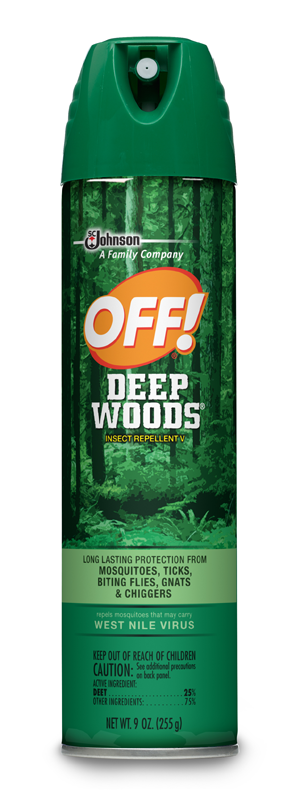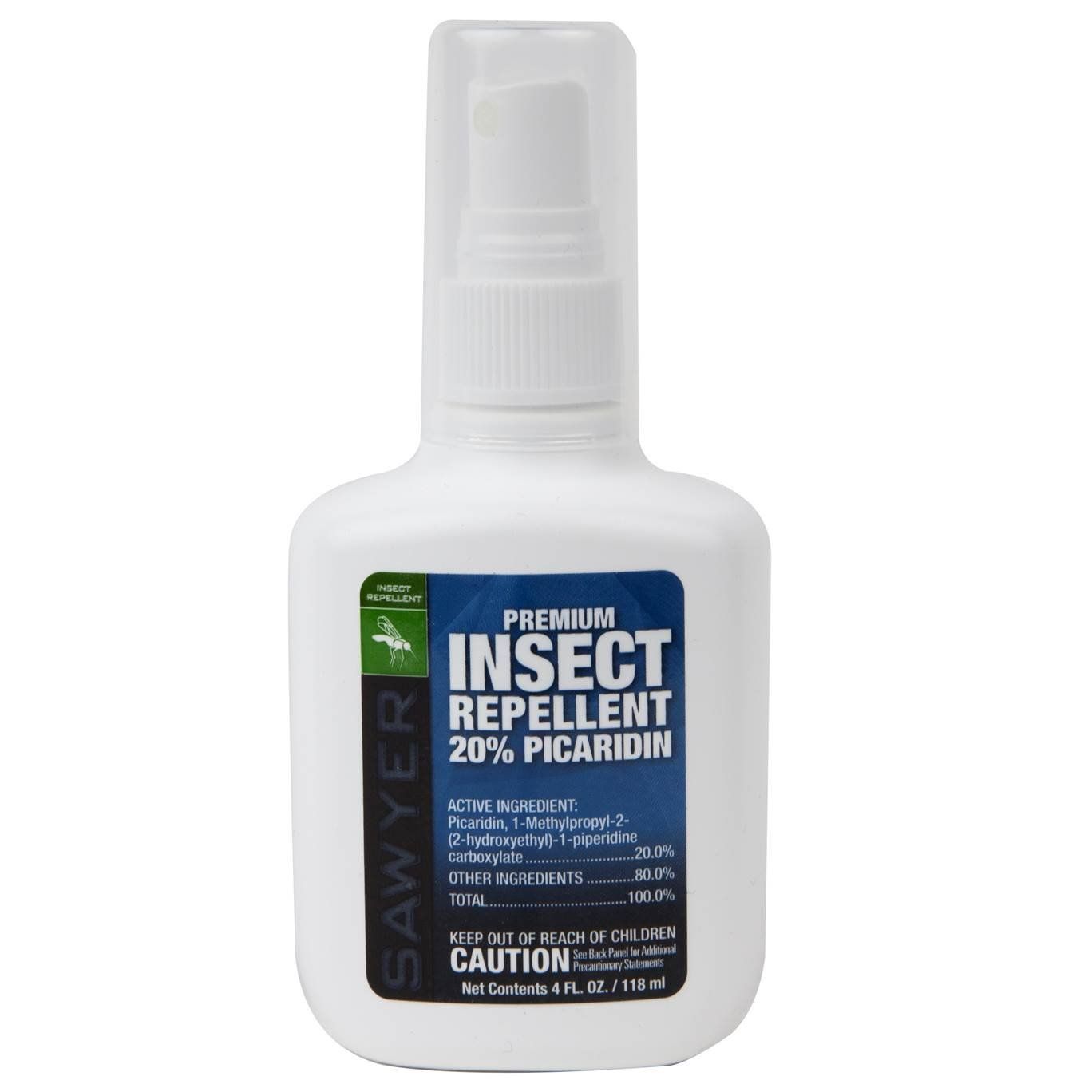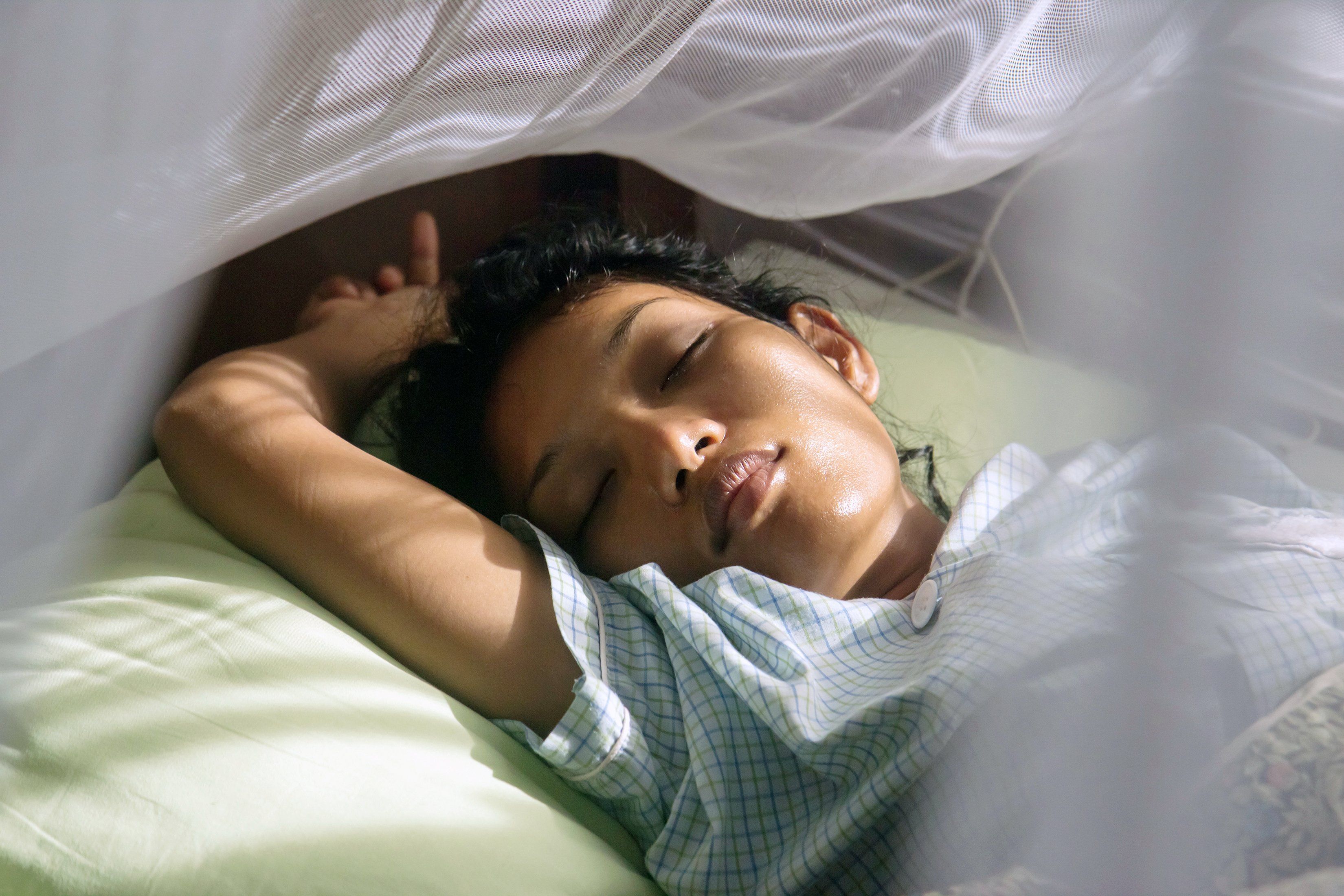- General Dermatology
- Eczema
- Chronic Hand Eczema
- Alopecia
- Aesthetics
- Vitiligo
- COVID-19
- Actinic Keratosis
- Precision Medicine and Biologics
- Rare Disease
- Wound Care
- Rosacea
- Psoriasis
- Psoriatic Arthritis
- Atopic Dermatitis
- Melasma
- NP and PA
- Skin Cancer
- Hidradenitis Suppurativa
- Drug Watch
- Pigmentary Disorders
- Acne
- Pediatric Dermatology
- Practice Management
- Prurigo Nodularis
Article
Dermatologists discuss mosquito repellent recommendations
With summer around the corner and increasing concern about the spread of the Zika virus in the United States, dermatologists might notice more patients inquiring about how to safely repel mosquitos and their disease-inducing bites.
With summer around the corner and increasing concern about the spread of the Zika virus in the United States, dermatologists might notice more patients inquiring about how to safely repel mosquitos and their disease-inducing bites.
Also see: Zika quick facts

Photo:The Centers for Disease Control and Prevention (CDC) is urging people to take steps to prevent mosquito bites with such things as ample clothing and Environmental Protection Agency (EPA)- registered insect repellents. The repellents, according to CDC, should have one of the following active ingredients: DEET, picaridin, IR3535, oil of lemon eucalyptus or para-menthane-diol.
We asked dermatology and pediatric experts to share their best patient recommendations for insect repellents. This is what they

Photo: Tender Corp. had to say:
Since it was developed in 1957, DEET has demonstrated that it is the best insect repellent humans have ever invented, says Tucson, Ariz., dermatologist Ronald G. Wheeland, M.D.
“In a 20% to 50% concentration, it is effective and safe, according to the U.S. Agency for Toxic Substances and Disease Registry. In addition, use of long sleeves and pants will help reduce the incidence of mosquito bites,” Dr. Wheeland says.

Photo: SawyerTina S. Alster, M.D., director, Washington Institute of Dermatologic Laser Surgery, Washington, D.C., says that according to Consumer Reports, the most effective products against the Aedes species mosquito, which spreads the virus, were Sawyer Picaridin Insect Repellant (Sawyer) and Natrapel 8 Hour (Tender Corporation), each containing 20% picaridin, and Off! Deep Woods VIII (S.C. Johnson and Son), which contains 25% DEET.
“These products provided protection for about eight hours and were as effective as products with higher chemical concentrations,” Dr. Alster says.

Image Copyright: Shutterstock/Milkovasa
Barrier nets
Dermatologist Joel Schlessinger, M.D., who is president of LovelySkin.com and practices in Ohama, Neb., says that while DEET is very important for protection, the use of barrier clothing and nets in the home (particularly around the bed area) are essential.
“Mosquito repellent will never be completely effective and, for that reason, it is imperative to put other roadblocks between the mosquito and you,” Dr. Schlessinger says. “If any of your patients are considering going to an infested area, they can purchase hats with netting on them and clothing that is long-sleeved in advance. During the night, they should sleep in beds that have netting around them. One particularly effective tool is to spray clothing with DEET-containing repellent. This allows for better control of bugs and potential Zika vectors.”
Sandy Tsao, M.D., assistant professor, Harvard Medical School, and a dermatologist at the Dermatology Laser and Cosmetic Center at Massachusetts General Hospital, Boston, says DEET is her go-to recommendation for repelling mosquitoes. Dr. Tsao says she uses OFF Deep Woods product, but there are other OFF products, FamilyCare Smooth and Dry and Skintastic Family Care insect repellents (S.C. Johnson and Company), which are less concentrated.
Also see: Evidence-based repellent recommendations for kids
“DEET is seen as one of the most effective products for repelling insects, but the concern is that it can be neurotoxic,” Dr. Tsao says.
Dr. Tsao recommends that parents discuss with their child’s pediatrician his or her recommended products to minimize insect bites prior to any insecticide application. The pediatrician may recommend a specific brand of insecticide or recommend alternate skin protective measures other than insecticide use to minimize any potential insecticide side effects.
NEXT: Mosquito repelling clothing
Mosquito repelling clothing
Dr. Tsao also recommends permethrin clothing treatment, which lasts for six washes. Using these products, which impregnate clothing with insect repellent, could lead to less need for DEET and other insecticides, she says.
“Biting insects, including mosquitoes, are most attracted to where carbon dioxide is being emitted, so your face and ears are prime targets for a bite,” Dr. Tsao says. “As well, insects tend to gravitate to areas of heavy sweat.”

Image Copyright:
Shutterstock/Nina BudayShe recommends that patients apply the insecticide to any areas of exposed skin, making sure to not forget the ankles, feet, hands and scalp.
Medina, Ohio, dermatologist Helen M. Torok, M.D., says she has trepidation about recommending DEET, but will talk to patients about DEET if asked about mosquito repellents.
“Of those [patients] that are also uncomfortable with DEET, then I recommend the lemon- eucalyptus products,” Dr. Torok says.
Elaine C. Siegfried, M.D., professor of pediatrics and dermatology, Saint Louis University, St. Louis, Mo., says she defers to CDC recommendations for Zika prevention.
“For children with sensitive skin, treat clothing and gear with permethrin or purchase permethrin-treated items,” Dr. Siegfried says.
More about Zika virus
Zika considerations for dermatologists





